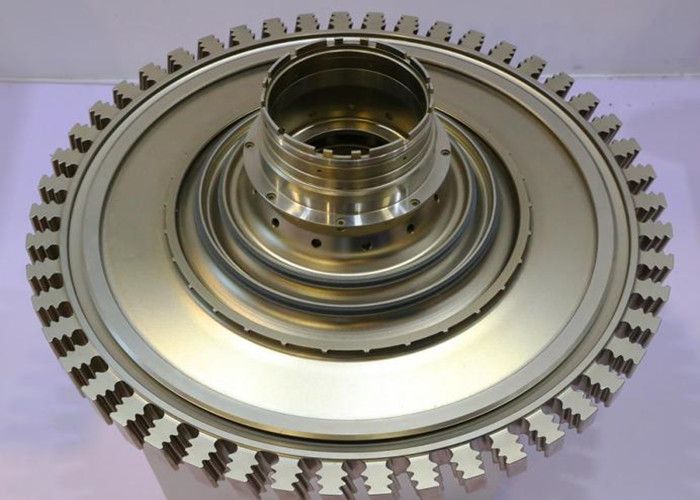
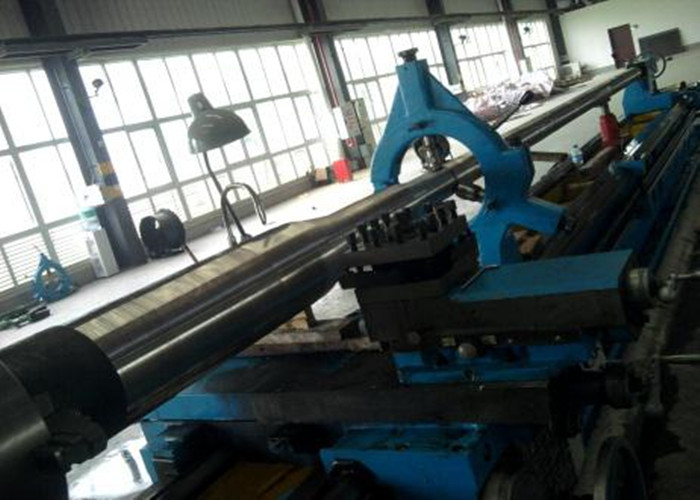
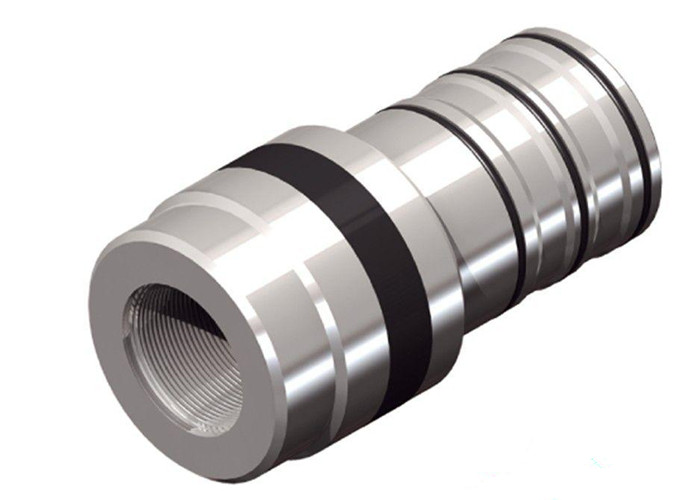
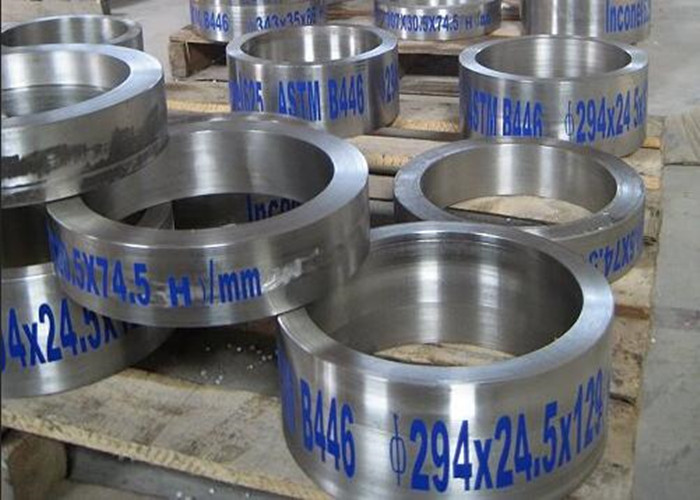
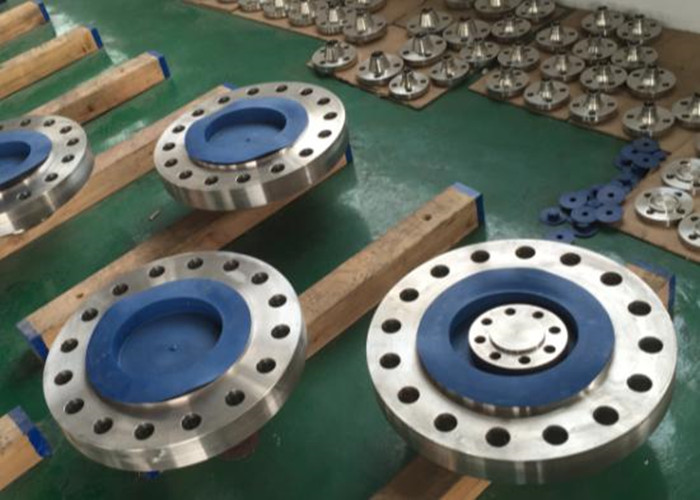
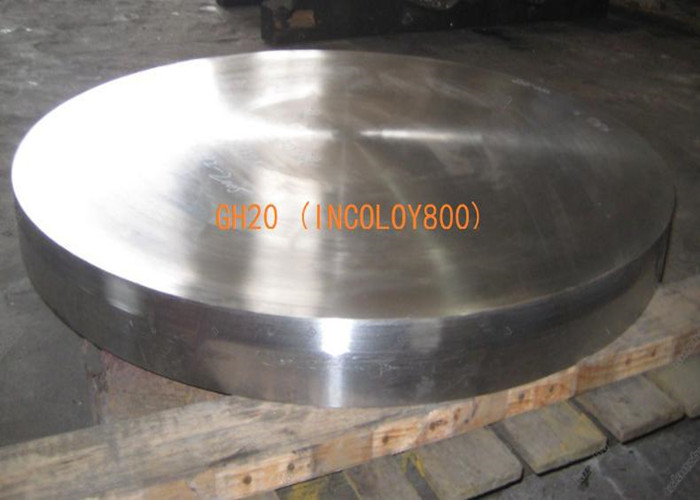
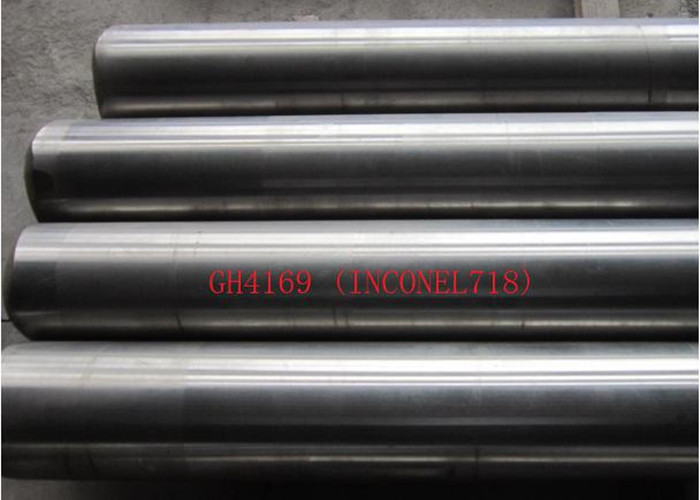














Special alloy forgings have excellent properties in environments such as high temperature, high pressure, corrosion and oxidation resistance. And it is widely used in the aerospace industry, national defense industry, petroleum industry, chemical industry, power industry, transportation industry, machinery manufacturing industry, biological engineering, household appliances, instrumentation, medical, etc.
◆ Superalloy forging features
process low plasticity, high deformation resistance, poor liquidity, forging temperature narrow range, requires precise control heating and forging temperature, is sensitive to strain rate, sensitivity to stress, surface alloying elements easy dilution and embrittlement, surface absorption of harmful gases, no isomeric transition therefore heat treatment cannot be used to adjust the grain degree and distribution of forging parts, cold heat treatment hardening tendency obvious, recrystallization high temperature but low speed, wide range of critical deformation degree and low thermal conductivity, and poor cutting performance.
◆ General requirements
In common special alloy forging, high-temperature alloy forging is the most difficult, which is the typical representative of difficult deformation alloy. The high temperature alloy has the most strict requirement on the stress state and technology of forging, and also higher requirement on the equipment loading speed. All high temperature alloys cannot refine the grain structure through heat treatment, so the grain size is guaranteed by controlling the forging process parameters. Generally it requires neutral atmosphere with slow heating speed, using glass protective lubricant lubrication and protection of the forging blank, it mainly because of low thermal conductivity, in order to reduce the dilution of surface alloy elements during the heating process and the surface cooling during the forging process,which will resulted in the deformation resistance increases and the plasticity decreases.
◆ General measures
Based on the above characteristics, in order to make both the geometry size and metallurgical quality meeting the requirement of special alloy forgings, technical measures must be taken by consideration of the characteristics, including process measures, measures for forging and die design, quality control measures, testing of forging performance (selection of thermodynamic parameters), and simulation of forging process.
Our company has rich production technology and experience in high-temperature alloy forging and processing. The following is our product routine data
◆ Application
turbine disk, turbine rotor, blade and other rotating parts, casing, ring parts, pull rod, shaft and other hot end bearing parts, used in aerospace engines, aerospace power such as large thrust liquid oxygen / kerosene rocket engines and new types of strategic missile space engines, ground and marine gas turbines, petroleum, chemical, exploration and nuclear industry and other fields.
◆ Strength: 900~1600MPa and more
◆ Working temperature: -250~1300℃
◆ Products: Disc, shaft, ring, cylinder, bar, special shaped forging
◆ Products size: 1KG-5000KG/PC

◆ Key grade
Aviation engine: Inconel 718, NiCr19NbMo, W.Nr.2.4668, NC19FeNb, AMS 5662, AMS 5596, SAE XEV-1, GH4169, GH4738, Waspaloy, NiCr1gCo14Mo4Ti, W.Nr.2.4654, NC20K14, NPK50, GH4720Li, U720Li, Udimet720, GH4742, PT5FzM6a, GH4065, RENE65, GH901, Udimet901, NiFeCr12Mo, Z8NCD, ЭП725, N901, W.Nr.2.4662, W.Nr.2.4975
Aerospace engine: GH4586, GH4141, RENE41, GH4202, GH4169, Inconel 718, NiCr19NbMo, W.Nr.2.4668, NC19FeNb, AMS 5662, AMS 5596, SAE XEV-1
Marine gas turbine: GH4968, GH4742
Ground heavy gas turbine: GH2674, 3n674, GH4169, Inconel 718, NiCr19NbMo, W.Nr.2.4668, NC19FeNb, AMS 5662, AMS 5596, SAE XEV-1, GH4706, Inconel 706, AMS 5703D, N09706